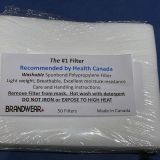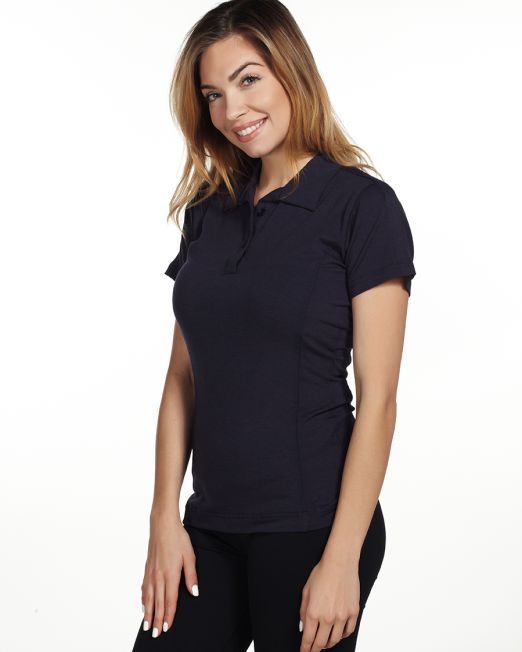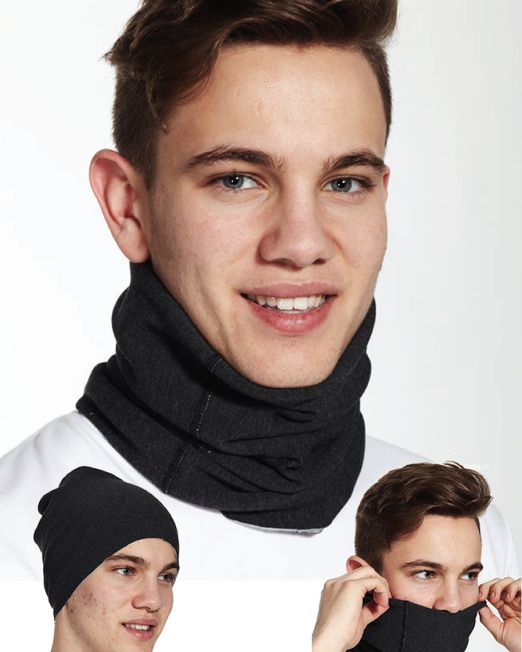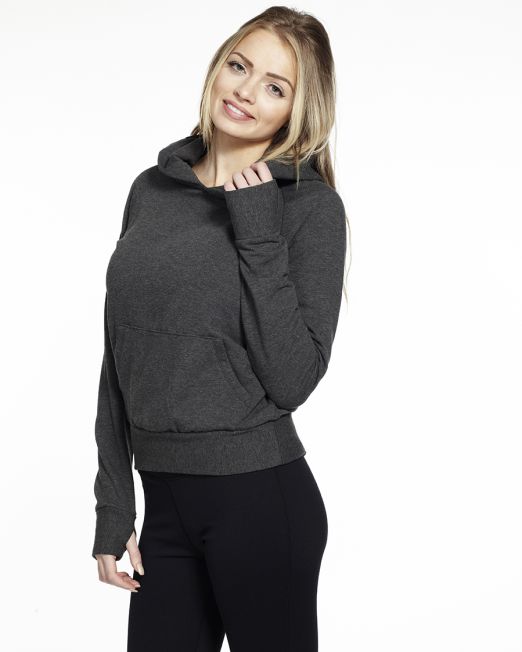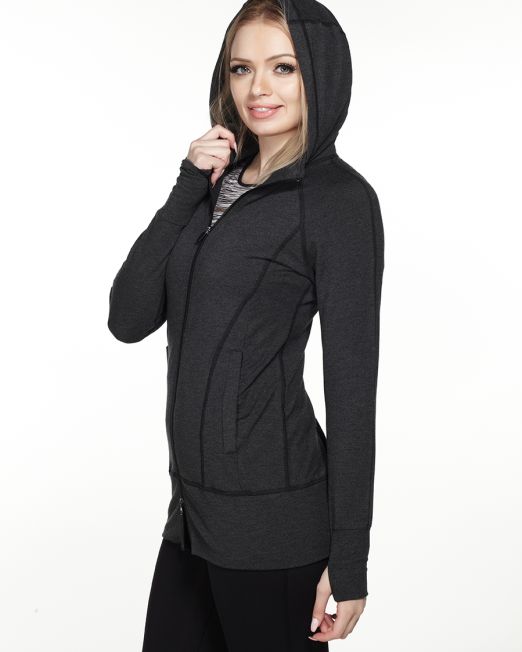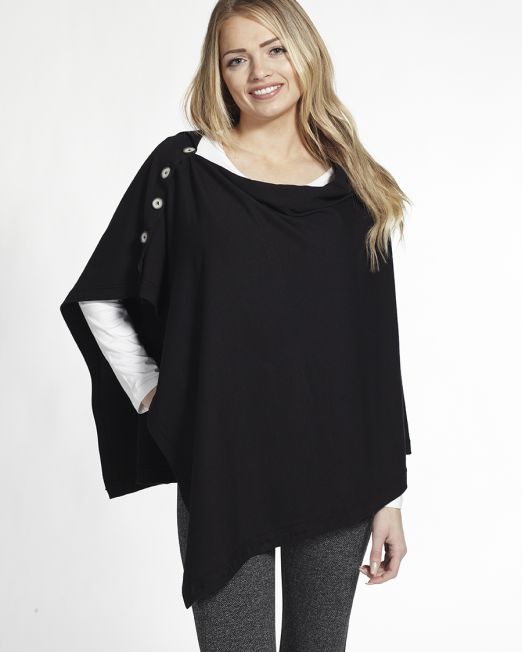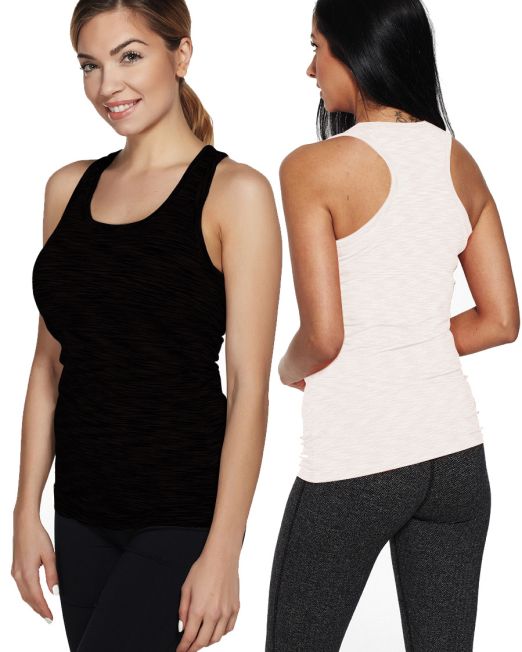The #1 Filter
Recommended by Health Canada
Washable Spun bond Polypropylene Filters now in stock
Size 5”W x 4”H
Light weight * Breathable * Excellent Moisture Resistance
The best filtration results tested by the University of Toronto. Here’s what they found:
An N95 mask must have a 95 per cent filtration efficiency.
“This is the benchmark test. And it’s actually useful because it allows us to compare consumer market masks to masks that we know a lot about,” said James Scott, a professor from the University of Toronto’s Dalla Lana School of Public Health. Scott is a specialist in bioaerosols and runs the lab where Marketplace‘s tests were run.
The test pulls a constant breath of air containing tiny salt particles through the mask material. The salt particles are similar in size to particles able to contain the coronavirus that might originate from droplets expelled by an infected person’s breath, cough or sneeze. During the test, samples of air inside and outside the mask are compared to see how effective the mask is at reducing the level of particles.
Previous tests on consumer masks have commonly looked at how masks can help block particles when coughing or sneezing and prevent transmission to others. But the Marketplace test shows that certain materials make some masks better at limiting wearers’ exposure by filtering what they breathe in, Scott said.
“Even fairly low-efficiency masks are actually quite effective at catching much larger particles. But it takes a really good mask to catch the small ones as well. And we know that the virus will travel not only on the big ones but the small ones as well,” said Scott.
Polypropylene fabric masks as good as N95
Marketplace‘s test found some masks are just as good as an N95 when it comes to filtering out those potentially harmful particles, including one made with something called polypropylene fabric.


